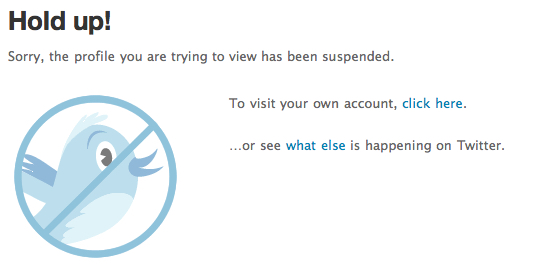Internet Referral Unit
Blog
The Tech Industry and the Regulation of Online Terrorist Content: What Do Law Enforcement Think?
February 17, 2021Want to submit a blog post? Click here. By Stuart Macdonald and Andrew Staniforth The importance of tackling online terrorist propaganda is well-accepted, as is the important role of social media companies in responding to this challenge. In this short piece, we report some initial findings from a wider project on cooperation between social media ...
Blog
Exposure to Online Terrorist Content: Stresses and Strategies
September 2, 2020This blog post is an edited extract from the article Repeated and Extensive Exposure to Online Terrorist Content: Counter-Terrorism Internet Referral Unit Perceived Stresses and Strategies, published in July 2020 in Studies in Conflict & Terrorism. By Zoey Reeve There is increasing concern that exposure to online terrorist material may increase the risk of terrorist ...
Blog
Understanding the Human Rights Risks Associated with Internet Referral Units
March 26, 2020By Jason Pielemeier and Chris Sheehy Since 2010, a small number of European governments have created formal, government structures for flagging alleged terrorist content directly to companies for voluntary removal under their respective terms and conditions. A review of these Internet Referral Units (IRUs) conducted by the Global Network Initiative, with help from Harvard Law ...
Blog
Takedown Collaboration by Private Companies Creates Troubling Precedent
December 21, 2016By Emma Llansó On 5 December, Facebook, Microsoft, Twitter, and YouTube announced their intent to begin collaborating on the removal of terrorist propaganda across their services. Center for Democracy & Technology (CDT) is deeply concerned that this joint project will create a precedent for cross-site censorship and will become a target for governments and private actors seeking to ...
Blog
Some Recent Trends in the Use of the Internet/ICT for Terrorist Purposes – Part II
November 9, 2016The following is the second of three blog posts reporting on discussions at a workshop held in the Swiss Federal Institute of Technology, ETH Zurich, Switzerland on 25 August 2016 under the auspices of the UN Counter Terrorism Committee Executive Directorate (UNCTED) and the Swiss-based ICT4Peace Foundation and their joint project on ‘Private Sector Engagement ...




